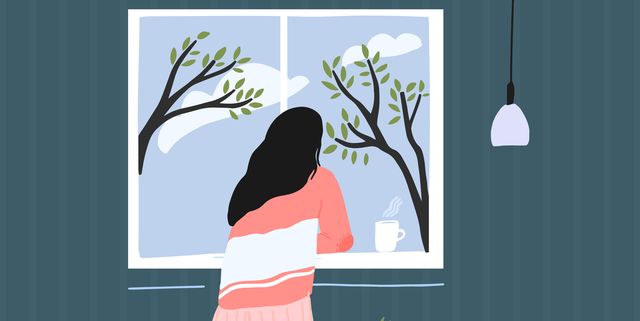There are many different ways to deal with depression and anxiety. The first step is to get professional help for both conditions. If you feel overwhelmed or uneasy, consult a doctor who will diagnose you and prescribe the best treatment. There are also many exercises you can do to relieve your anxiety. You can also practice relaxation techniques like deep breathing and meditation. You should also make sure you get plenty of rest and exercise regularly. Avoid drinking alcohol, as it makes your condition worse.
A mental health professional can help you develop a treatment plan for anxiety and depression. If you feel overwhelmed by your symptoms, you can try mindfulness meditation to help you relax and decrease your stress. By using this method, you can focus on the present and avoid negative thinking patterns. A meditation class can also be beneficial for treating your anxiety and depression. A certified psychotherapist can also help you develop a relaxation technique that will allow you to manage your symptoms.
You can also talk to a mental health professional about your situation. There are many treatments for depression and anxiety. The doctor can also recommend medications that can help you control your symptoms. A healthy diet, regular exercise, and getting enough sleep can help you overcome your problems. Ultimately, there is no one right way to deal with depression and anxiety. Getting help will give you the confidence you need to face your problems.
You can also find out about your triggers by doing some self examination. Your therapist or psychiatrist can help you identify them and develop a plan to help you manage them. It may be as simple as getting more sleep, or as complex as managing your relationships. It can be helpful to find an action plan that fits your lifestyle and reduce your symptoms. You might even be surprised by how easy it is to deal with anxiety and depression.
For depression, you can work on identifying your triggers and developing an action plan. These strategies can include taking up physical exercise, talking to a psychologist, and writing down what makes you anxious. Fortunately, you do not have to be a doctor to seek help for anxiety or depression. You can learn more about these treatments and use them to overcome your anxiety and depression. Just make sure you seek help if you’re experiencing any of these symptoms.
Once you’ve identified your triggers, you can work to reduce or eliminate them. The process isn’t easy, but with time and a dedicated therapist, it can be worth it. By recognizing your triggers, you can take steps to deal with anxiety and depression. The most important thing is to keep yourself healthy and happy. Otherwise, you will likely suffer from both anxiety and depression. If you don’t want to suffer through this, seek professional help for depression and anxiety.
Aside from seeing a psychiatrist, you can also seek treatment for depression and anxiety. Anxiety is an important mental health issue that requires professional attention. Anxiety and depression are not weakness. You can deal with them with treatment. So, don’t be afraid to seek help if you’re struggling with these conditions. While they aren’t easily treated, they can be cured and help you live a more fulfilling life.
The first step in dealing with depression and anxiety is to understand your triggers. You can begin by identifying your triggers and working to reduce them. Once you know your triggers, you can then take the necessary steps to calm yourself and work toward a positive outcome. If you are dealing with depression and anxiety, it’s essential to understand that you can’t just snap out of it. You have to work through it and learn how to deal with it.
If your anxiety and depression are a chronic problem, you need to find a solution. If you’re prone to panic attacks, you need to find a way to cope with them. Anxiety is the most common mental health problem that affects millions of people worldwide. It can be a difficult experience to cope with, but it’s not impossible. You need to understand how to deal with it. You should also work with a mental health professional for proper diagnosis.


















